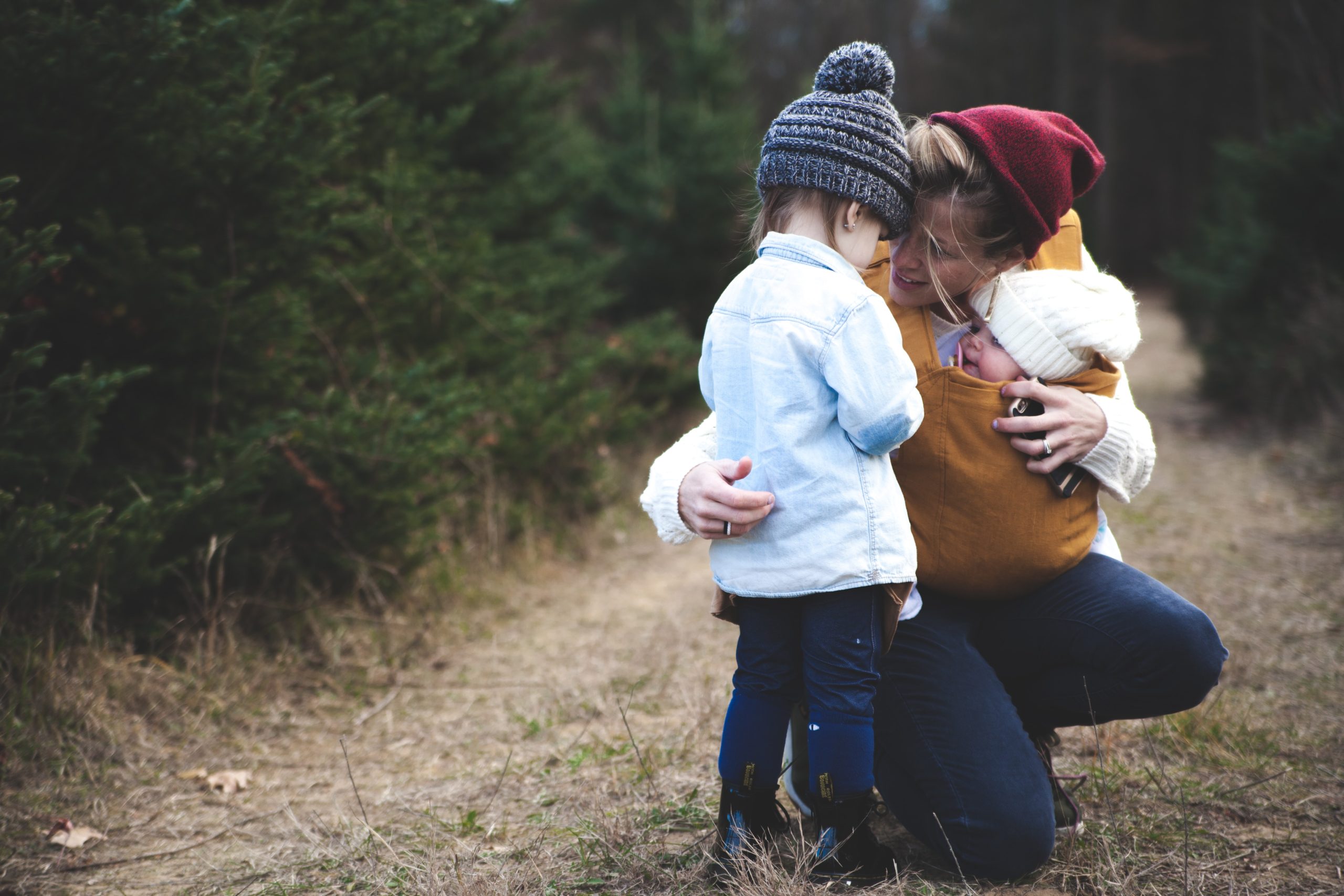Post-traumatic growth describes the positive psychological changes that many people experience after experiencing significant life events. For instance, people might experience post-traumatic growth after experiencing or witnessing traumatic events like surgery recovery, natural disaster recovery, military deployment, and the death of a loved one. As we discuss in this blog post, parenting can result in similar positive psychological changes; however, it often comes with more complexity than what we typically see with other significant life events.
Positive Psychological Changes Following Traumatic Events
People often experience positive psychological changes following stressful events. They’re more likely to find meaning and purpose in life following a negative experience. They might begin to appreciate all that they have, be less judgmental of others, seek more personal growth opportunities, and feel more connected with those around them. These positive changes aren’t always there as strongly as those who experience trauma; however, it’s clear that people can still increase their overall well-being as a result. It’s not uncommon for people to feel as though they’ve been “reborn” as a result of their experience(s).
Positive Psychological Changes After Parenting
As with many people’s experiences, the psychological effects of parenting are complex and varied. It’s clear that some people experience positive psychological changes as a result of parenting. In fact, it’s often this change that is most often describes as “post-traumatic growth” as opposed to other common forms of post-traumatic growth experiences. The most common way in which people benefit from being a parent is an increase in self-esteem and a stronger sense of self-concept. There’s also evidence to suggest that parents often feel more connected with those around them.
Due to the complexity of their experience, it might be extremely difficult for people who are impacted by parenting to feel as though they’ve had a positive encounter with their own life. Similar to other forms of post-traumatic growth, many of these experiences are invisible and/or under-reported. It’s not uncommon for people who have experienced negative parenting experiences to self-blame or blame others due to the stress associated with being a parent.
Parenting is Uniquely Stressful
There are few things around which people can feel as though they’ve been quite so “put on this earth” as being a parent. Although not everyone has the same experiences as a parent, most parents will have or have had one or more of the following negative experiences.
Loneliness
Many parents experience feelings of loneliness and alienation during their time as a parent. Many parents experience feelings of loneliness and alienation during their time as a parent. As my friend Tom Hirschfield puts it, “you can be left out of things that never bothered you before.”
Caregiving
Typically, many people feel cared for by family members. However, parenting doesn’t always work out that way for everyone. It often involves taking on the role of someone who is helping someone else. As my friend Kim Hoffman puts it, “you are always both provider and become a recipient.”
Lack of Support
Many parents long the support of others but ultimately find themselves with no support by their spouse or other family members.
Self-Doubt
It’s common for parents to feel as though they don’t measure up to the expectations of them.
Loss of Status
Many people experience a loss of status and prestige following the birth of a child. For instance, many mothers take on the role of full-time caregivers and/or housekeepers after children are born resulting in a loss in income, prestige, and responsibility. This is often accompanied by less social interaction and fewer opportunities for personal growth.
Slut-Shaming
As my friend Mandy Drake describes it: “Slut-shaming is one of those things that women have heard so much about but never actually experienced. It’s hard to be blamed for something that you didn’t even know was possible. Until of course, you become a parent.”
Guilt
Many parents feel guilty for the way in which they’ve treated their children and/or the way in which they treat others.
Lack of Sleep
There’s often a lack of sleep associated with many parenting experiences.
Interpersonal Stress
Interpersonal conflicts are common in most parent-child relationships.
Loss of Friends
Often parents lose friends due to their failure to provide the type of socialization that good friendships require.
Stressful financial situation
A significant number of parents find themselves financially unstable when they become parents resulting in stress, anxiety, and depression throughout their life.
Increased Illness
Many people suffer from increased rates of physical illness as a result of the aforementioned stress.
A lot of these things – particularly the ones that have to do with interpersonal relationships – associate with depression and other negative mental states.
https://nanniesandkidsunited.com/being-an-assertive-parent/


